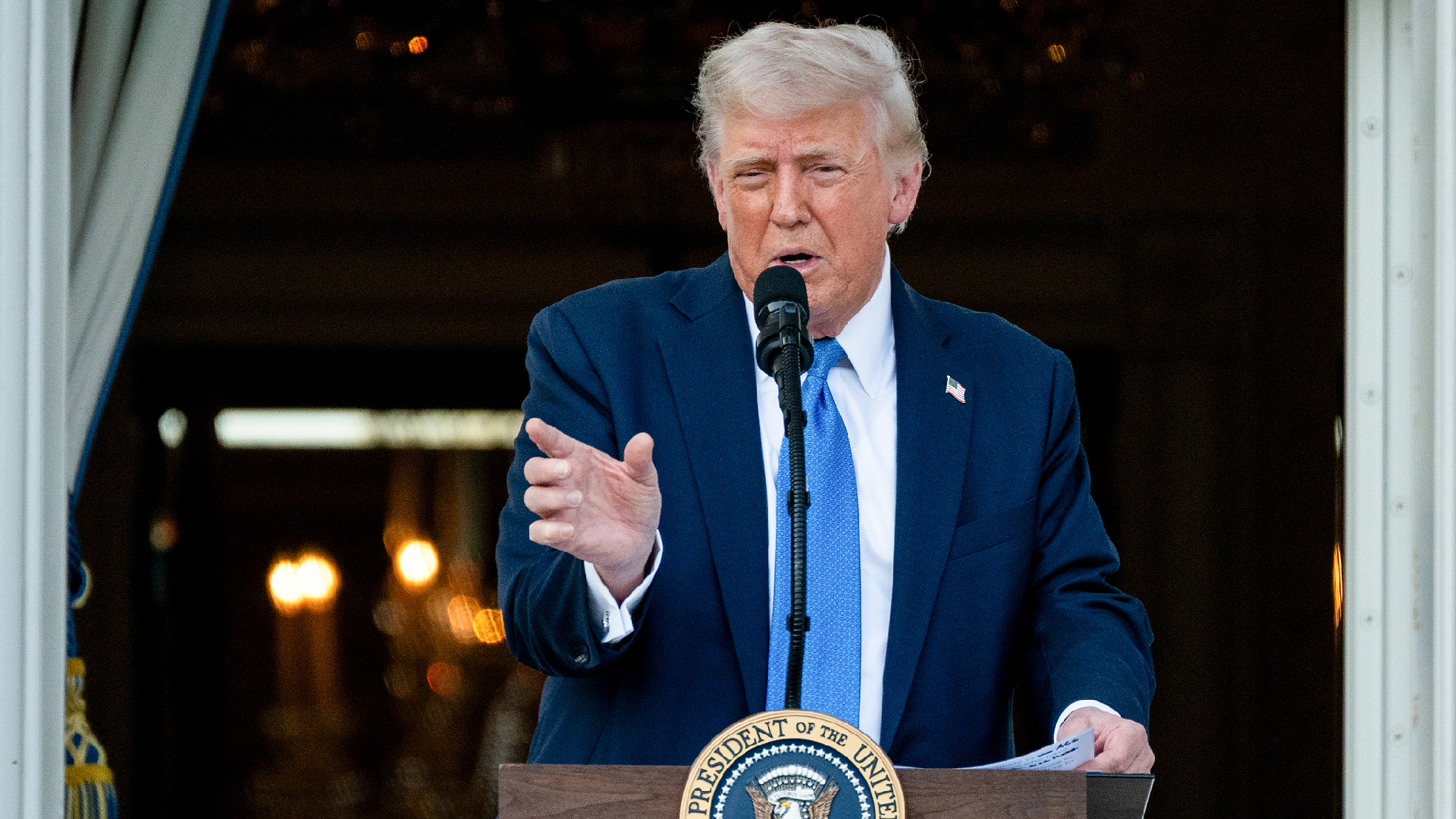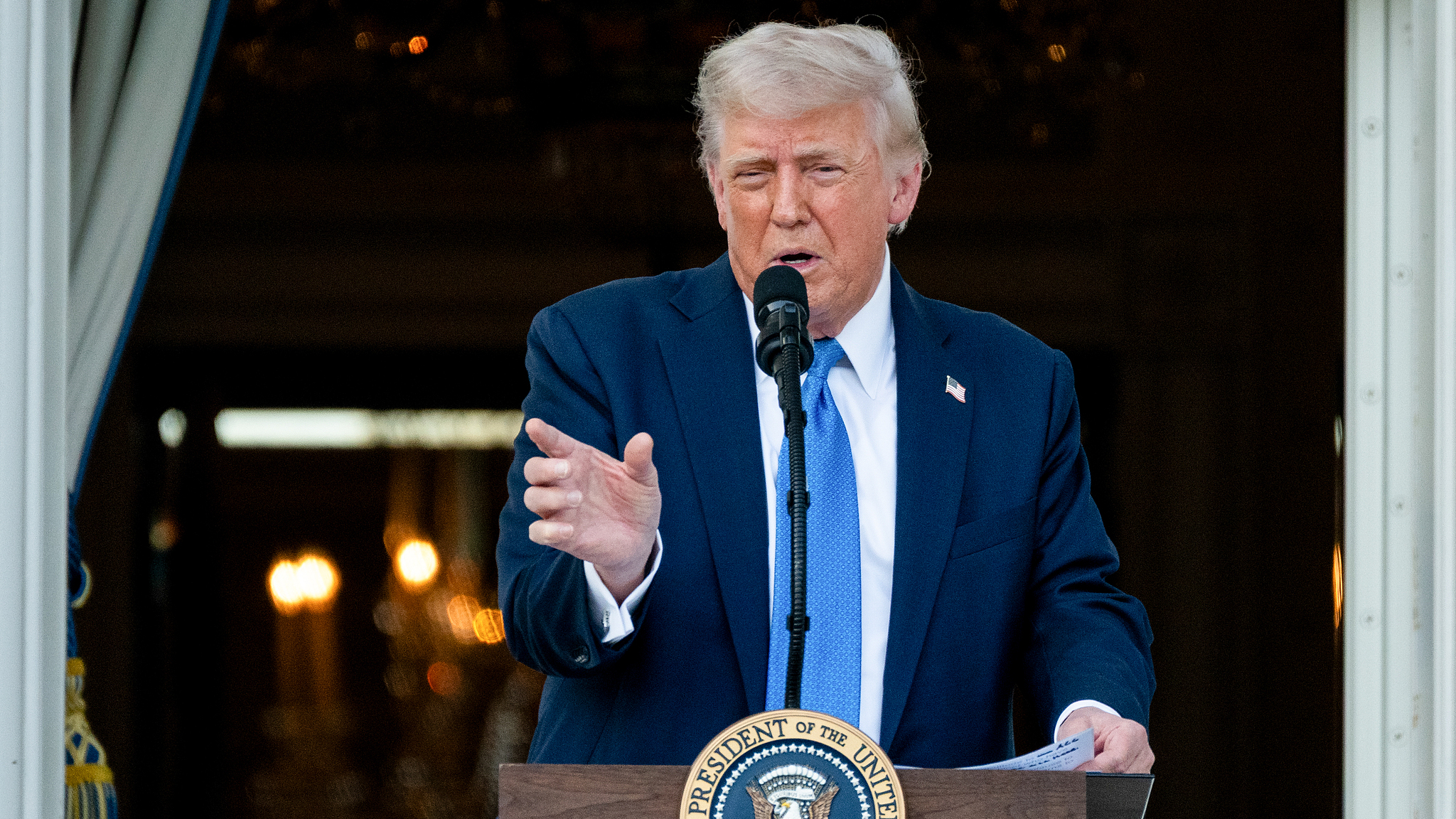Trump Signs Proclamation Banning Travel from 12 Countries: Immigration Policy Update
President Trump signs proclamation banning travel from select countries over national security concerns.


In a sweeping move with significant global implications, U.S. President Donald Trump signed a presidential proclamation late Wednesday evening instituting a travel ban on nationals from a dozen countries. The announcement was made at a summer soiree held at the White House in Washington, D.C., where President Trump cited national security concerns behind the dramatic policy shift.
According to a statement issued by the White House, the new order will completely prohibit entry into the United States for individuals from twelve nations. The affected countries—Afghanistan, Chad, the Republic of the Congo, Equatorial Guinea, Eritrea, Haiti, Iran, Libya, Myanmar, Somalia, Sudan, and Yemen—were identified as being "deficient with regards to screening and vetting" and therefore pose what officials described as a "very high risk" to U.S. security interests.
The proclamation also imposes partial restrictions on travelers from seven additional countries: Burundi, Cuba, Laos, Sierra Leone, Togo, Turkmenistan, and Venezuela. While specific details of these partial restrictions were not delineated in the initial release, they are expected to affect both the issuance of new visas and the admissibility of certain visa holders.
Set to take effect at 12:01 a.m. next Monday, the ban is positioned as a cornerstone of the administration's latest efforts to strengthen U.S. borders and address ongoing challenges posed by what the president described as "inadequate foreign cooperation." The White House emphasized that the new measures are "necessary to garner cooperation from foreign governments, enforce our immigration laws, and advance other important foreign policy, national security, and counterterrorism objectives."
Despite its wide reach, the policy does include exemptions. Lawful permanent residents, individuals with valid existing visas, certain visa categories, and people whose entry would serve identified U.S. national interests are not subject to the ban. These exceptions mirror aspects of previous travel restrictions implemented during President Trump's first term.
This latest proclamation marks a return to a controversial approach first introduced in 2017, when the Trump administration announced a ban on entry from several predominantly Muslim countries. That policy underwent multiple revisions and legal challenges before being upheld by the Supreme Court in 2018. The ban was later revoked by former President Joe Biden in 2021. Now, with the reinstatement and expansion of travel restrictions, the administration appears poised to once again make immigration and border control central issues in the ongoing national debate.




